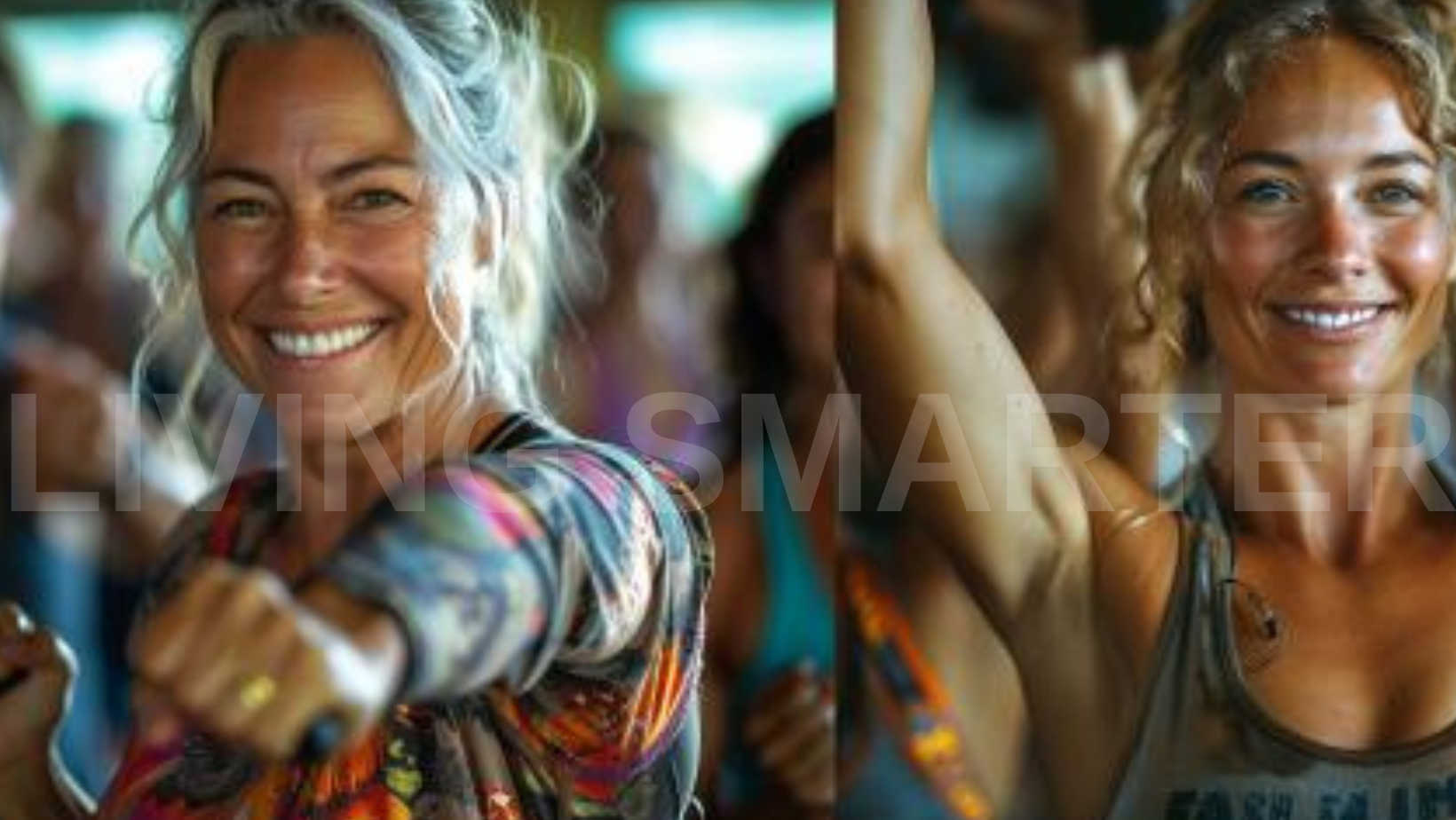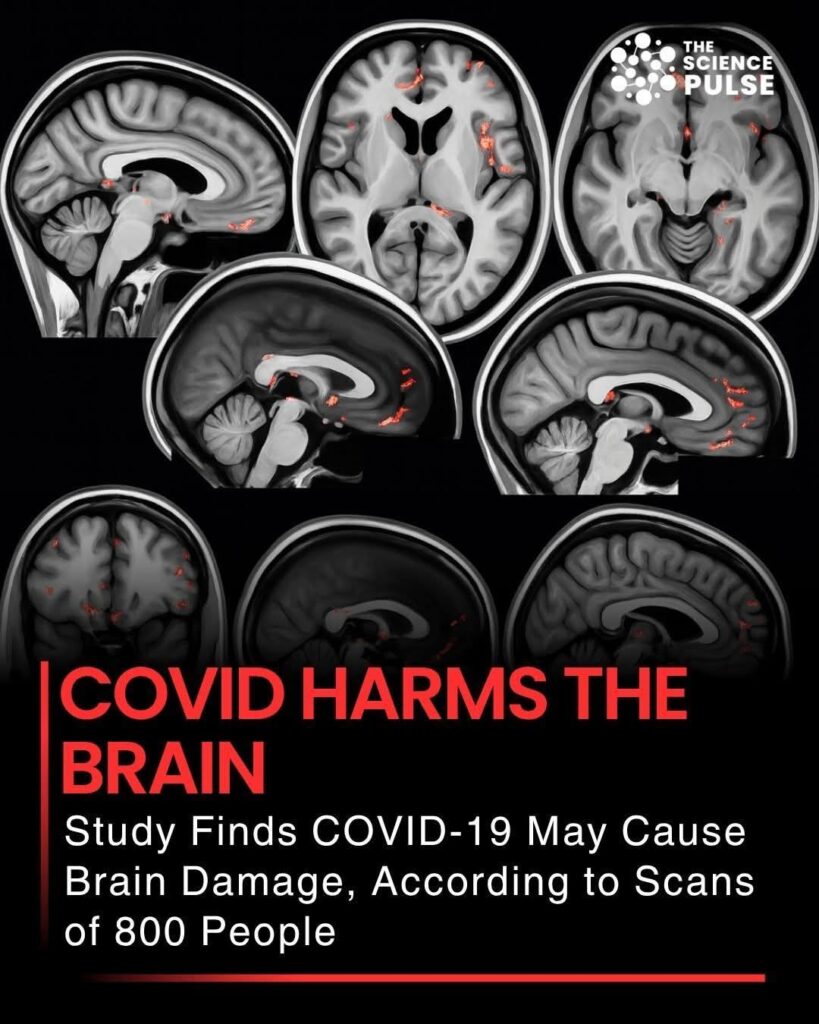
Protecting and improving our bone density is crucial as we age
with Fibromyalgia.
The GOOD news is that our approach for protecting bone density and muscular strength is well verified for those of us with fibromyalgia and other conditions like Rheumatoid Arthritis and Auto Immune.
Fibromyalgia and Bone Density
Maintaining strong bones is crucial for women over 50 due to the increased risk of osteoporosis and fractures.
First, what is Bone Density?
Bone density refers to the amount of bone mineral in bone tissue, which indicates the strength of bones. Peak bone density is usually reached in the early 30s, after which bone loss
gradually begins.
What is Osteoporosis?:
A condition characterized by weakened bones that are more prone to fractures. It is particularly common in postmenopausal women, often preceded by Osteopenia.
- Vitamin D: Facilitates calcium absorption. Guidelines suggest women over 50 should get 800-1,000 IU daily, (believe 4,000 IU daily is better) Sources include sunlight, fatty fish (salmon, mackerel), fortified foods, and supplements.
- Protein: Supports bone health by promoting bone repair and growth. Include lean meats, beans, legumes, and nuts in your diet. (although we don’t promote excess legumes)
- Magnesium and Vitamin K: These nutrients also play a role in bone health. I also like using Concentrace minerals OR fulvic minerals (both liquid form) for a good synergy of mineral intake.
Magnesium can be found in nuts, meats, and green leafy vegetables, while Vitamin K is abundant in green leafy vegetables and available in supplements.
(Also, Remember this in terms of supplement labels :
we want to choose Vitamin D3 and Vitamin K2)
that is THREE for D and TWO for K.
- Regular Exercise: Weight-Bearing Exercises:
Activities like walking, jogging, and dancing help build and maintain bone density.Resistance Training: Using weights or resistance bands can strengthen bones and muscles.
Balance and Flexibility Exercises: Activities such as tai chi can help prevent falls by improving balance and coordination. We love using tai chi type moves in our exercise programs. - Lifestyle Factors:Avoid Smoking and Excessive Alcohol:
Both can contribute to bone loss.Maintain a Healthy Weight: Being underweight increases the risk of bone loss and fractures, while excessive weight can put additional stress on bones. - Bone Density Testing:DEXA Scan: A dual-energy X-ray absorptiometry scan measures bone density and helps assess the risk of osteoporosis. Women over 65, or younger women with risk factors (family history, previous fractures, certain medications), should have regular bone density tests.
- A diet lower in carbohydrates because starchy foods (particularly grains) can bind to nutrients, leading to malabsorption.
- Monitoring and Adjusting Lifestyle:
Regular Check-ups: Regular medical check-ups can help monitor bone health and adjust treatments or lifestyle choices as needed.
Stay Informed: Keeping up with the latest guidelines on bone health can empower you to make the best decisions for your bone health.
Maintaining strong bones after 50 involves a comprehensive approach that includes a balanced diet rich in minerals, and vitamin D, regular weight-bearing and resistance exercises, avoiding smoking and excessive alcohol, and regular bone density testing.
By incorporating these strategies, women over 50 can significantly reduce the risk of osteoporosis and maintain their bone health.
Have you ever been to the doctor to get a Dexa Bone Scan and the results showed that you have lost some percentage of bone density?
It can be quite concerning in the moment.
Even 2% of bone loss in a year or two is enough to make us consider
what we can do about it.
Osteopenia and Osteoporosis can result.
The doctor will either say “let’s watch it” OR maybe prescribe a medication for bone density (that may come with dangerous side effects)
So, why are people with fibromyalgia more susceptible to bone loss?
Not because of the fibromyalgia itself, but more likely due to the lack of
movement and strength.
Healthy muscle support healthy bones, while healthy bones support our frame for healthy muscle tissue.
More on that in a minute. First, let’s review a common myth about dairy.
Dairy foods are not the answer
Researchers found that countries where people consumed more diary, they had more osteoporosis.
Proving that consuming more dairy products is not the answer.
In some parts of Africa, where women consume about 350 mg of calcium every day, they have less incidence of osteoporosis.
However, I am not saying to ditch all of your dairy. Just be aware that not all
claims are factual.
Many people like the occasional ice cream or cheese pizza, whether it’s
real or dairy alternatives, so this isn’t about perfection.
For me, it’s more about how we categorize foods. To say a food is healthy, when it may not be, is confusing to people, and sets up too much room for debate.
Dexa Bone Scans and Fibromyalgia
Yes, it is a good idea for us to get a Dexa Bone Scan every two years, or as needed. It is non invasive and only a few minutes.
Check with your insurance, as most of the time they will pay for this test every two years.
Strength Training For Fibromyalgia
If you have questions about engaging in SAFE strength training applications with fibromyalgia, don’t hesitate to ask me about our approach.
Safe and effective exercise is well verified for fibromyalgia patients. You can also review the Exercise Video section of Fibro Fit People on Facebook, or check out my You Tube channel, Living Smarter with Fibromyalgia.
This is what we do, and I am very passionate about helping women stay strong over 50.
Bio Identical Hormones and Bone Health
Bio Identical Hormones are also important as we pass menopause. The best idea is to get with a hormone specialist who can take your labs and guide you, as this is one area we are all different.
I take bio identical testosterone in the morning to help with energy, bone health, and strength. And I take bio identical Progesterone at night to help drive down adrenaline and relax the body for sleep.
(And, sleep is just another way we can protect our bones, as stress from staying up too late or second winds is depleting to our adrenals and bones)



